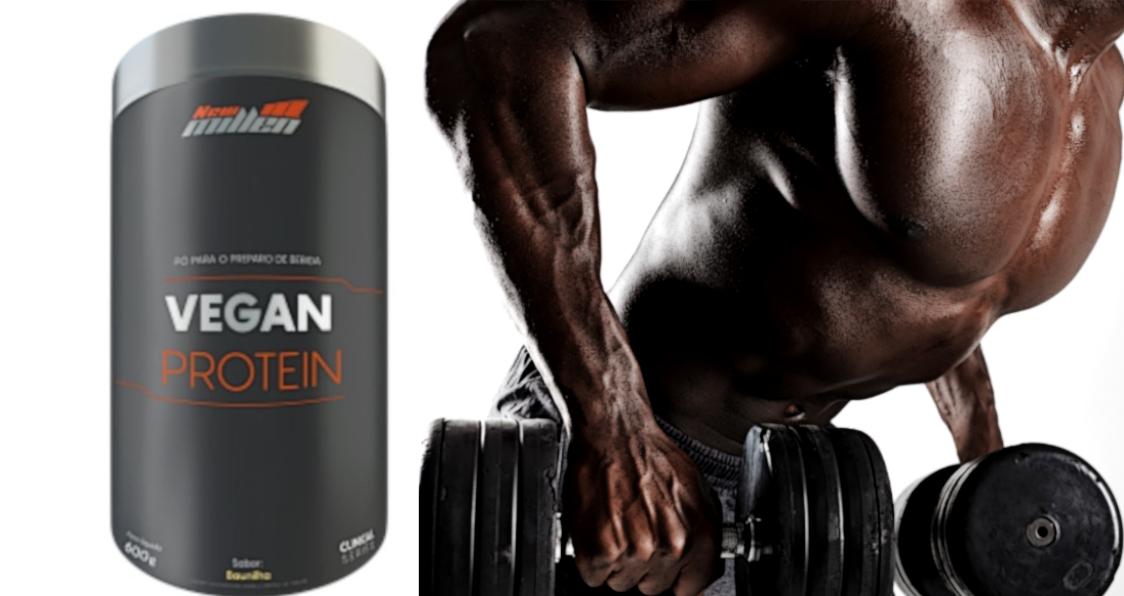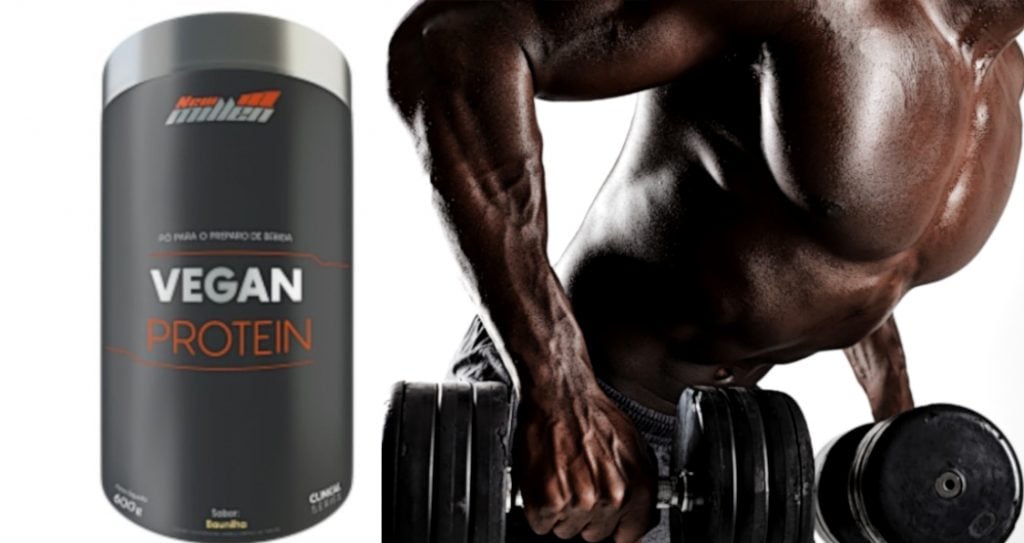Protein is an important part of any successful diet. But, you don’t need to get all of your protein from animal or dairy products.
Pea Protein: The King of Plant Proteins

| 25 Gramas Proteína da ervilha | 25 Gramas Whey | |
| Calorias | 162.5 | 157.4 |
| Carbo | 8.8 | 8.7 |
| Proteína | 25 | 25 |
| Gordura | 2.6 | 2.1 |
| BCAAs | 5.9 | 7.8 |
What About Rice, Hemp, and Soy?
- Soy contains “anti-nutrients” such as tannins, phytates, and trypsin inhibitors. These can cause issues with the absorption of vitamins and minerals and disrupt digestion.
- While small amounts of soy protein are not concerning, significant amounts of soy consumption — due to the phytoestrogens — has the potential to reduce testosterone levels and interfere with fertility. Note, this only appears to occur if you consume daily amounts of soy in excess of 50-60 grams (about 2 scoops of soy protein powder) but is still a risk.
How to choose the Best Vegan Protein









